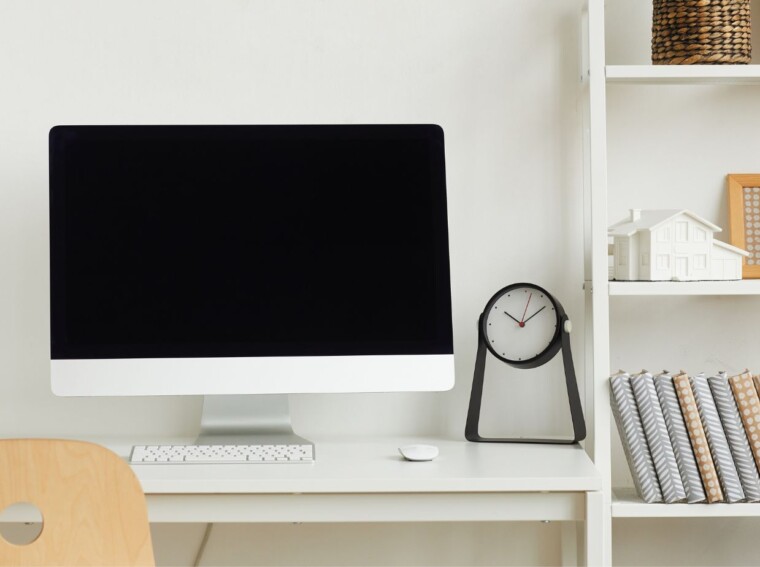When deciding whether to put your PC on the floor or desk, there are a few factors to consider. First and foremost is ventilation. Proper airflow is crucial for keeping your computer cool and preventing overheating. Placing your PC on the floor may restrict airflow due to dust accumulation or carpet fibers clogging up the intake vents. On the other hand, placing it on a desk allows for better air circulation and reduces the risk of heat-related issues.
Another aspect to think about is accessibility. If you frequently need to access ports, cables, or peripherals, having your PC within easy reach can save you time and effort. Placing it on your desk provides convenient access for plugging in devices or troubleshooting any connectivity issues that may arise.
Ultimately, finding the proper placement for your PC depends on balancing these factors along with personal preference and available space in your setup. Whether it’s convenience or optimal cooling that matters most to you, weighing these considerations will help ensure that you find the ideal spot for your computer.
Should I Put My PC on the Floor or Desk
Potential Damage from Dust and Debris
Placing your PC directly on the floor can expose it to a variety of dust particles and debris that may accumulate over time. These tiny particles can find their way into the delicate components of your computer, such as the fans, vents, and circuitry. Over time, this buildup can lead to reduced performance and even hardware failure.
Dust acts as an insulator, trapping heat inside your PC instead of allowing it to dissipate properly. This can cause your computer to overheat, leading to potential damage to sensitive parts like the CPU or graphics card. Additionally, dust buildup on fan blades can hinder airflow, further exacerbating heat-related issues.
To mitigate these risks, it’s important to regularly clean your PC if you choose to place it on the floor. However, this requires extra effort and diligence since dust tends to accumulate more quickly in lower areas.
Increased Risk of Accidental Kicking or Tripping
Another drawback of placing your PC on the floor is the increased risk of accidental damage caused by kicking or tripping over cables. When positioned at ground level, your computer becomes more susceptible to being bumped into or knocked over inadvertently. This not only poses a threat to your expensive hardware but also disrupts any ongoing tasks or work you may have been engaged in.
Consider scenarios where pets or small children are present in your household – they might unknowingly interact with cables or bump into the tower while playing nearby. By elevating your PC onto a desk or another raised surface, you minimize these risks significantly.

Advantages of Putting Your PC on the Desk
Ergonomic Advantages of Having Your PC on the Desk
One of the significant advantages of placing your PC on the desk is the ergonomic benefits it offers. When your computer is positioned at eye level, you can maintain proper posture and reduce strain on your neck and back. This setup promotes a more comfortable working environment, especially for those who spend extended periods in front of their computers.
By having your PC on the desk, you can easily adjust your chair to align with the screen’s height, ensuring that you are sitting in an ergonomically correct position. This helps prevent common issues like neck pain, shoulder tension, and even headaches caused by poor posture. Additionally, having your monitor at eye level reduces eye strain and fatigue since you won’t have to constantly look down or up at a screen placed on the floor.
Improved Accessibility for Maintenance and Upgrades
Another advantage of placing your PC on the desk is improved accessibility for maintenance and upgrades. Keeping your computer within arm’s reach makes it easier to clean dust filters regularly or perform routine maintenance tasks without needing to bend over or crawl under a desk.
In conclusion, placing your PC on the floor may lead to potential damage from dust and debris accumulation, increased risk of accidental kicking or tripping hazards, as well as limited airflow and increased heat buildup. To ensure the longevity and optimal performance of your computer, consider positioning it on a raised surface where it can benefit from improved ventilation and reduced risks associated with ground-level placement.

